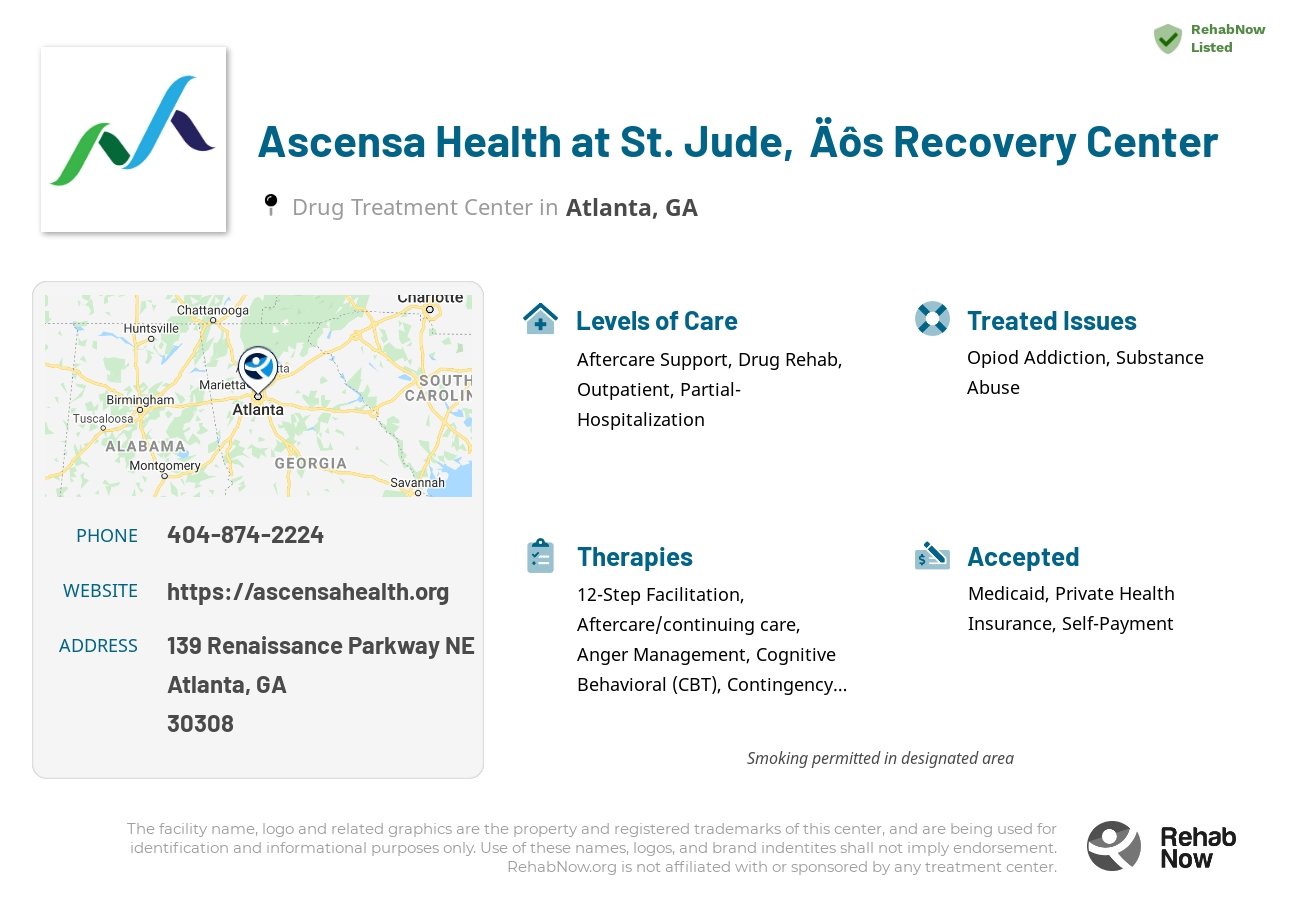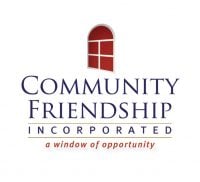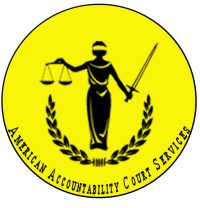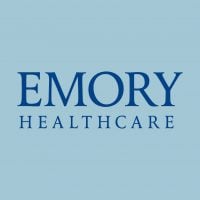Ascensa Health at St. Jude’s Recovery Center
Drug Rehab Center in Atlanta, Georgia
Ascensa Health at St. Jude's Recovery Center is a top-rated drug rehab center in Atlanta, Georgia offering treatment for opioid addiction, substance abuse, drug addiction, and alcoholism with aftercare support, drug rehab, outpatient care, partial-hospitalization, detox, and residential levels of care accredited by CARF.
About This Atlanta, GA Facility
Ascensa Health at St. Jude's Recovery Center, located in Atlanta, GA, has been dedicated to helping individuals overcome addiction since 1962. Nestled in the heart of the city, this renowned facility offers comprehensive care for those struggling with substance abuse and alcoholism.
- A long-standing legacy of over 60 years in the community
- Accredited by CARF for meeting rigorous standards of excellence
- Offers a continuum of care, from detox to aftercare support
- Provides specialized treatment for opioid and drug addiction
Ascensa Health at St. Jude's Recovery Center was established through a partnership of local leaders, driven by a mission to address chronic alcoholism and court offenses. The organization has since grown to encompass eight facilities across Metro Atlanta, operating with financial stability.
Accredited by CARF (Commission on Accreditation of Rehabilitation Facilities), Ascensa Health at St. Jude's Recovery Center adheres to the highest standards in delivering effective treatment and support services. The facility offers a range of levels of care, including detox, residential, outpatient, partial-hospitalization, and drug rehab programs, tailored to meet the unique needs of each individual.
Genders
Ages
Modality
Additional
Accreditations

CARF
The Commission on Accreditation of Rehabilitation Facilities (CARF) is a non-profit organization that specifically accredits rehab organizations. Founded in 1966, CARF's, mission is to help service providers like rehab facilities maintain high standards of care.
Conditions and Issues Treated
Substance abuse refers to the intensive and inappropriate use of psychoactive substances. These include illegal drugs, alcohol, and even the excessive use of prescription drugs. Overuse of these substances leads to severe physical or psychological dependence.
Substance abuse is treatable and the duration of treatment and most successful sobriety can require weeks or months of professional care at Ascensa Health at St. Jude’s Recovery Center in Atlanta.
Opioid addiction treatment facilities like Ascensa Health at St. Jude’s Recovery Center support people struggling with opioid dependency, which covers illegal and prescription opioids. People often abuse prescription opioids to get high instead of adhering to a medical provider’s directions. Addiction forces people to crave for opioids impulsively without factoring in the dangers these drugs bring to them.
Most opioid addiction treatment plans include detoxification and subsequent medications to ease the process. However, that’s only the beginning. Behavioral therapies and counseling are also necessary to resolve the root cause of addiction. This overall approach decreases the likelihood of falling off the wagon. In some instances, therapies can be done at home.
Levels of Care Offered
This center offers a variety of custom treatment tailored to individual recovery. Currently available are Aftercare Support, Detox, Drug Rehab, Outpatient, Partial-Hospitalization, Residential, with additional therapies available as listed below.
Detoxification is the first step in drug addiction treatment. A controlled environment where symptoms can be managed with medication and close observation is provided by drug detoxification. Detoxification is an essential step in the recovery process, but it is also one of the most dangerous. Due to the potential danger, it’s critical to understand what detoxification is and how to complete it safely.
Detoxification usually includes:
- Medical supervision.
- Medication to ease withdrawal symptoms.
- Drug testing to track progress.
- Counseling.
When remaining at their job in Atlanta, or continuing their studies, the individual may live with their family while utilizing Ascensa Health at St. Jude’s Recovery Center‘s outpatient services. Treatment requires counseling the patient at the individual level, in a group setting, about substance addiction, drugs, and therapy sessions.
Residential treatment programs are those that offer housing and meals in addition to substance abuse treatment. Rehab facilities that offer residential treatment allow patients to focus solely on recovery, in an environment totally separate from their lives. Some rehab centers specialize in short-term residential treatment (a few days to a week or two), while others solely provide treatment on a long-term basis (several weeks to months). Some offer both, and tailor treatment to the patient’s individual requirements.
Help with aftercare applies to the follow-up care provided after the initial recovery program offered by Ascensa Health at St. Jude’s Recovery Center in Atlanta, GA. The level of support for aftercare plays a vital role in avoiding relapse and in maintaining sobriety. Aftercare support is tailored according to the patient’s needs.
Ascensa Health at St. Jude’s Recovery Center‘s Therapies & Programs
Couples therapy reduces the dysfunctional behavior in a relationship that may cause addiction. It can help one or both members of the couple. It targets addiction and it can make for a healthier relationship.
Patients who receive generous support from their loved ones have better chances of completing their recovery. Genetics play a role when it comes to addiction, so it’s better to approach the problem as a unit. Family members can help an individual avoid addiction triggers and guide him or her in making lifestyle changes.
Group therapy is a type of counseling at Ascensa Health at St. Jude’s Recovery Center in Atlanta, GA that occurs between a bunch of strangers. The goal of group therapy sessions is to foster hope and a sense of belonging. It also helps to have people who can relate to what you’re going through. Good behaviors can also be contagious.
As a means of managing pain that has plagued them in the past, many individuals turn to drugs and alcohol. Assault, negligence, the loss of a loved one, and other unfortunate events may involve trauma. This treatment, offered and administrated by Ascensa Health at St. Jude’s Recovery Center in Atlanta, GA provides individuals the resources to cope with past traumas healthily.
Dialectical behavioral therapy focuses on eliminating negative thoughts such as suicidal thoughts. It is useful in the treatment of patients with uncontrollable emotions. The term “dialectic” means the integration of opposites. In the substance abuse context, DBT refers to accepting the patient’s addiction.
Life skills training helps the recovering person gain the skills and confidence necessary to function well in the world. Life skills training focuses on practical activities like cooking, job seeking, social interactions, and money management. This kind of training at Ascensa Health at St. Jude’s Recovery Center helps fill in the gaps caused by addiction with useful, immediately usable skills.
Alcoholics Anonymous is the original 12-Step program that established the model that other 12-Step programs, like Narcotics Anonymous, follow. 12-Step programs are support groups that are led and run by members of each group. These groups use the “Big Book,” which contains the 12-Step philosophy of recovery and ongoing abstinence from drugs or alcohol.
Contingency Management (CM) is based on the principle that consequences influence the behaviors of an individual. It promotes desired behavior by giving rewards while discouraging unwanted behaviors. CM is used for individuals who need therapy for more than 3 months. It has the advantage of being implemented by family members.
Payment Options Accepted
For specific insurance or payment methods please contact us.
Is your insurance accepted?
Ask an expert, call (888) 674-0062
Additional Details
Specifics, location, and helpful extra information.
Atlanta, Georgia 30308 Phone Number(404) 874-2224 Meta DetailsUpdated April 15, 2024
Staff Verified
What else do people call Ascensa Health at St. Jude’s Recovery Center?
People have occasionally also searched for “Saint Judes Recovery Center Day Outpatient Program in Georgia”
Patient Reviews
There are no reviews yet. Be the first one to write one.
Atlanta, Georgia Addiction Information
Prescription opioid use has caused a large increase in the total amount of overdoses in Georgia. Almost 12% of the Georgia population uses illicit drugs each year, and slightly over 3.5% also abuses alcohol at the same time. This does not include those who binge-drink at least once a month, which includes 20% of all Georgians.
Addiction statistics for 2019 show that about 62% of people died from drug overdoses in Atlanta. Opioids were involved in 59.5% of those deaths. The community is plagued by the illegal drug trade, which contributes to crime and violence. In 2013, there were 9,570 admissions to substance abuse treatment programs in Atlanta. With patience and perseverance, you should be able to find the perfect treatment facility for your needs.
Treatment in Nearby Cities
- Riverdale, GA (13.6 mi.)
- Morrow, GA (13.0 mi.)
- Reidsville, GA (175.5 mi.)
- Kathleen, GA (98.8 mi.)
- Camilla, GA (175.8 mi.)
Centers near Ascensa Health at St. Jude’s Recovery Center
The facility name, logo and brand are the property and registered trademarks of Ascensa Health at St. Jude’s Recovery Center, and are being used for identification and informational purposes only. Use of these names, logos and brands shall not imply endorsement. RehabNow.org is not affiliated with or sponsored by Ascensa Health at St. Jude’s Recovery Center.








